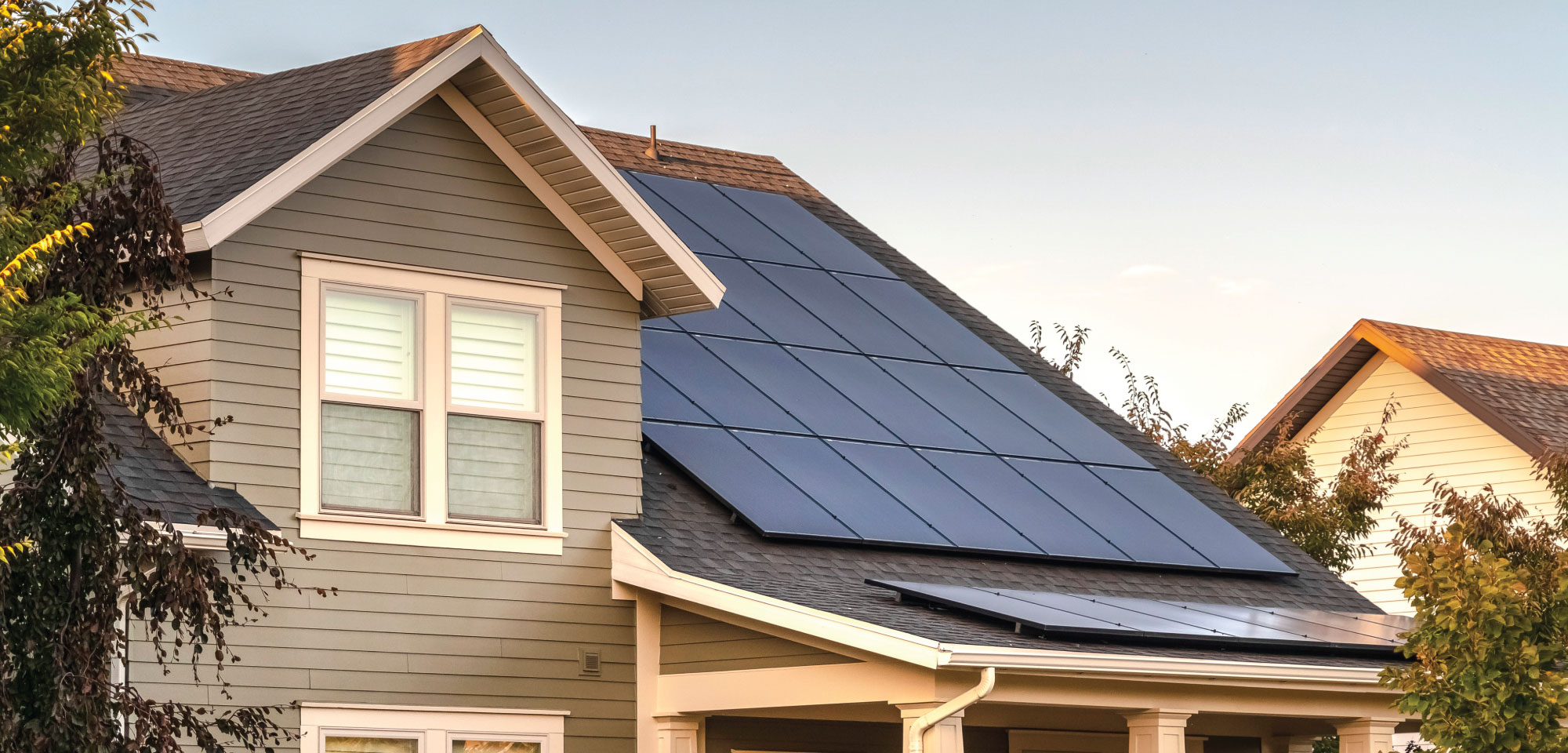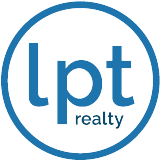

Finding the Right Seller
The best seller is one who is highly motivated. A highly motivated seller is more likely to sell at a price that is less than his or her house is actually worth. And it matters that you find out why. Learning the reason why can help you get the price you want and help the seller get what they want:
Read More

Exploring the Pros and Cons of Installing Solar Panels on Your Home
When considering the installation of solar panels on your home, it's important to weighthe advantages and disadvantages of this eco-friendly and energy-efficient option. As arealtor, I've witnessed firsthand how solar panels can positively impact the sale of ahome. In this blog, we'll explore the a
Read More

Use a Buyer's Agent
It’s important that you choose an experienced agent who is there for you. Your agent should be actively finding you potential homes, keeping you informed of the entire process, negotiating furiously on your behalf, and answering all of your questions with competence and speed. First, find an agent
Read More

Why You Should Not Make Any Major Credit Purchases
Don’t go on a spending spree using credit if you are thinking about buying a home, or in the process of buying a new home. Your mortgage pre-approval is subject to a final evaluation of your financial situation. Every $100 you pay per month on a credit payment could cost you about $10,000 in home e
Read More
Categories
Recent Posts









